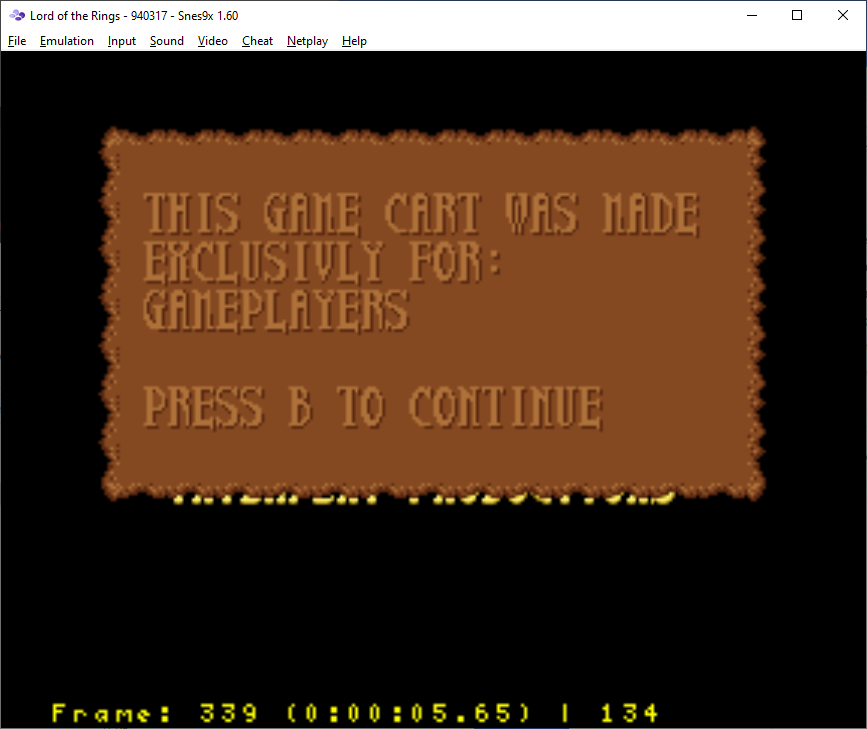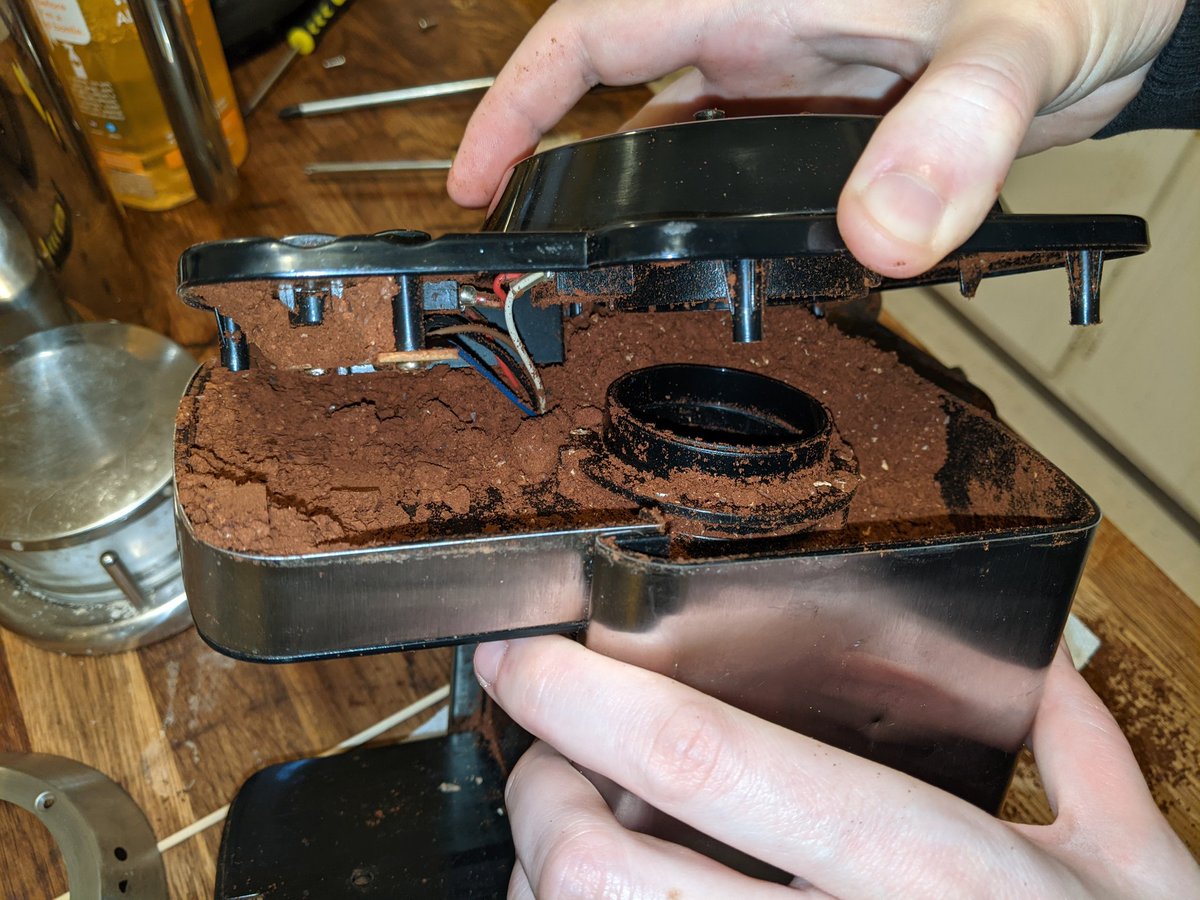
Before I mail out one of @GameHistoryOrg's blind box magazines (gamehistory.org/shop) I make sure it's been scanned online. If not, I put it in a "donate to scanning group" box. I'm finally sorting them today and it's, um, a lot. This is years of labor. 

We're getting closer to my dream of having every video game magazine OCR searchable every day, I'm so excited that we're able to use this program to get more things online and make video game research easy for everyone!
I'm going to spell this all out in detail soon, but we're taking donations of your old unwanted video game magazines! Every donation either gets directly preserved (physically and/or digitally), or if that's already been done, we sell it and use the money to buy the mags needed!
As an example @KyleOrl mailed over all of his old magazines going back to the early 90s, and lots of them are now in these stacks, ready to be scanned! Several others were sold, and that money bought more mags, etc etc.
Basically we built a machine that you feed your old video game magazines, and out the other end comes magazine preservation. More scans get online, and our physical library grows and upgrades so that the originals are accessible and in great shape!
And again, if you don't have old magazines to donate but want to support the project AND get something cool in the mail, consider grabbing a blind box of your own. You can even subscribe and get a new old magazine every month! gamehistory.org/shop
They all end up on The Internet Archive, and are often mirrored on Retromags!
https://twitter.com/elchivo83/status/1387844254374895619?s=19
As of now the scanning team we send things to is Gaming Alexandria. In fact, I'm pretty sure this is one of ours. We actually used blind box money to import 500ish old Japanese magazines that they're working through.
https://twitter.com/GamingAlexandri/status/1387458984446201858?s=19
• • •
Missing some Tweet in this thread? You can try to
force a refresh









